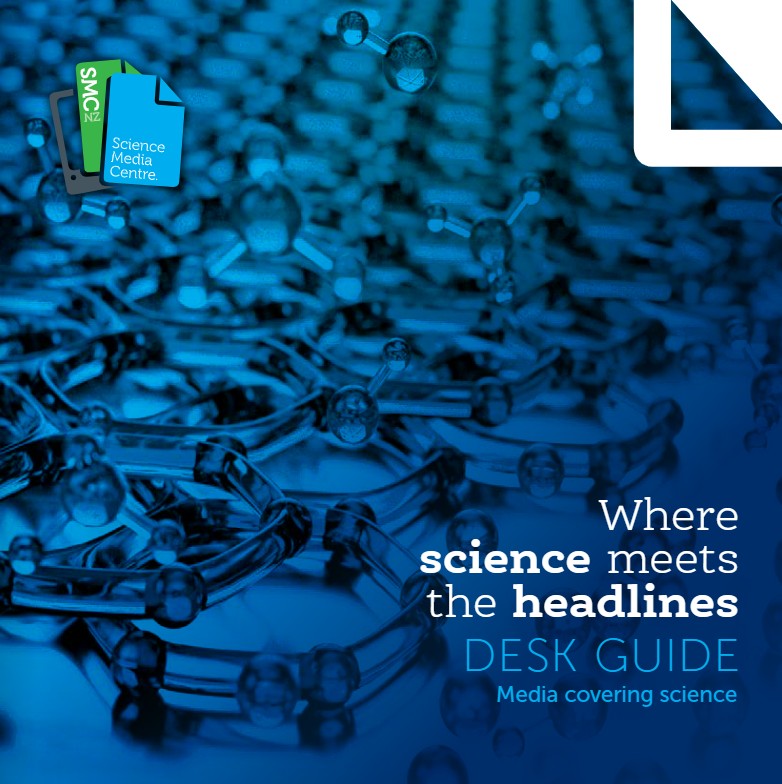Reporting Science
Scimex is here to help journalists get the science right – whether it's a natural disaster or the latest press release claiming a medical breakthrough
Newsroom training
Reporting science can be tricky, and bad science reporting can have real, damaging consequences for people. It’s really important journalists get it right.
The AusSMC offers newsroom workshops for journalists to help you spot a dodgy science story and cover all the things to watch out for when reporting research.
The session covers common reporting traps including:
- Follow the money: What’s the source? Who funded it? Vested interests?
- Different types of research: survey / poll, double blind randomised controlled trial, review articles or an opinion piece
- Why you should read the research paper – and how to do it
- What is peer review and how do I check the quality of research?
- Does research show a CAUSAL link? Or is it just an association / link? The importance of the double blind randomised controlled trial
- Are the results meaningful –knowing your p-values
- Is it research in mice, rats, fruit flies, cells in petri dishes, or human beings?
- Relative risk vs absolute risk – what’s the difference?
Contact us to chat about arranging a training session for your newsroom.
Desktop Guides
Science and the media can be strange bedfellows and reporting on science can be a minefield. Scimex is here to help journalists get the science right – whether it's a natural disaster or the latest press release claiming a medical breakthrough. Here are some resources to help you along the way.
A guide to reporting science has been developed by the NZ Science Media Centre. The Desk Guide for Covering Science can be viewed here. The SMCNZ also has collated further resources for journalists covering science here.
A Desk Guide for media covering science has also been developed for journalists in the Pacific. The Pacific Edition is available here. Additional resources are also available for Pacific journalists here.
The UK Science Media Centre has also developed a list of the 10 best practice guidelines for reporting science and health stories


